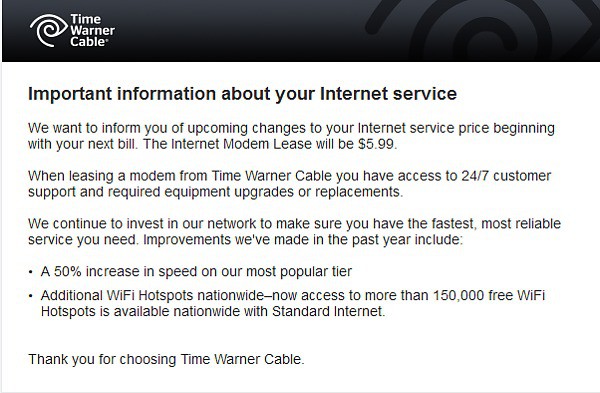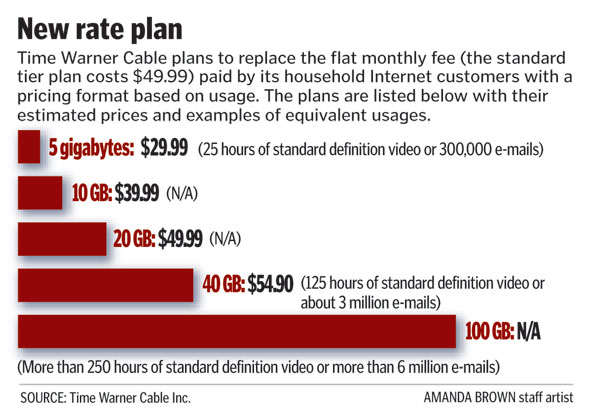 AT&T has continued its efforts towards wireless industry consolidation with today’s announcement it has acquired Iowa-based Long Lines Wireless (formerly Cellular One of Iowa) for an undisclosed amount.
AT&T has continued its efforts towards wireless industry consolidation with today’s announcement it has acquired Iowa-based Long Lines Wireless (formerly Cellular One of Iowa) for an undisclosed amount.
“We concluded that Long Lines could best serve our customers by focusing our attention and investing our resources in providing new features for our non-wireless services including voice, broadband services, and cable TV, and in expanding our fiber optic network to reach more communities and customers,” said Long Lines CEO Brent Olson.
The rural telecom company has served Siouxland since 1941 and today provides wireless, landline service, cable television and broadband to residents in Iowa, Minnesota, Nebraska, and South Dakota.
Customers have not suffered doing business with a small independent provider like Long Lines. The company operates a fiber optic network providing business customers up to 40Gbps broadband and residential customers up to 100Mbps Internet service. Those services are not available from the much larger telephone companies that also serve these states, including AT&T, Frontier, and CenturyLink.
Despite the availability of infrastructure that can rival any large city, Long Lines concluded it could simply not succeed in its wireless business.
“Regional wireless providers have limited access to the latest smartphones and other devices, and it has become increasingly difficult to for Long Lines Wireless to meet the digital mobile needs of our customers,” Olson said.
The sale to AT&T means Long Lines wireless customers will eventually be a part of AT&T’s wireless network, with access to its 4G network and a wider selection of phones.
Long Lines intends to invest its resources in providing new features for non-wireless services including voice, broadband services, and cable TV, and in expanding its fiber optic network to reach more communities and customers.
[flv width=”640″ height=”380″]http://www.phillipdampier.com/video/KCAU Sioux City Long Lines Sold to ATT 7-25-13.mp4[/flv]
KCAU in Sioux City reports on the sale of Long Lines Wireless to AT&T Mobility. (1 minute)


 Subscribe
Subscribe
 The cable operator upped the stakes late Friday reportedly threatening that if CBS does get removed, it will give up its coveted channel positions on Time Warner Cable indefinitely. In New York, WCBS occupies channel 2. In Los Angeles, KCBS is also on channel 2 and its sister station KCAL is on channel 9. In Dallas, KTVT is on Time Warner Cable channel 11. Low channel numbers have significant financial value to programmers, because it makes finding channels easier. Jeff Zucker from CNN has already expressed an interest is taking over channel 2 for CNN.
The cable operator upped the stakes late Friday reportedly threatening that if CBS does get removed, it will give up its coveted channel positions on Time Warner Cable indefinitely. In New York, WCBS occupies channel 2. In Los Angeles, KCBS is also on channel 2 and its sister station KCAL is on channel 9. In Dallas, KTVT is on Time Warner Cable channel 11. Low channel numbers have significant financial value to programmers, because it makes finding channels easier. Jeff Zucker from CNN has already expressed an interest is taking over channel 2 for CNN.


 In addition to an August
In addition to an August 


